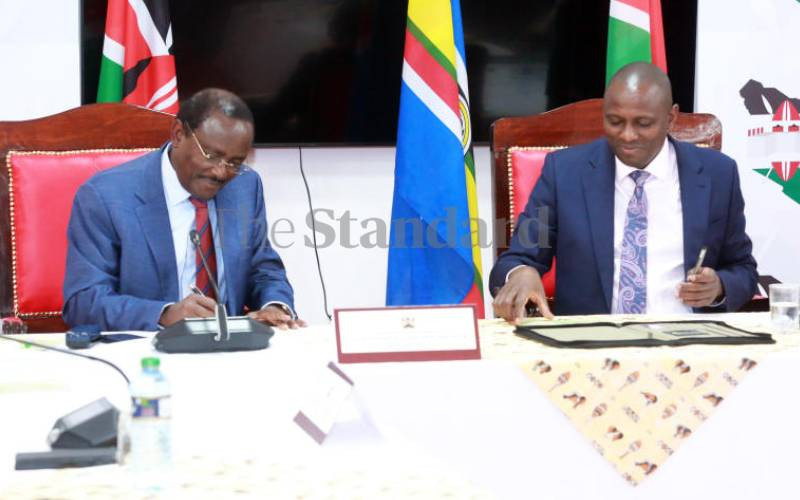×
The Standard e-Paper
Stay Informed, Even Offline

As the National Dialogue Committee resumes sittings today, the public will get an opportunity to state their agenda and what they feel is a solution to the country's many ills.
Already, civil rights groups have written memorandums to the committee on matters to do with police excesses and what they feel should be done.